
In Abidjan, the mood was muted. On October 25, the people of Côte d’Ivoire cast ballots in an election that many believed was over long before the polls opened. By the time the provisional results were announced, incumbent Alassane Ouattara, aged 83 and seeking a fourth term, had amassed about 89.77 per cent of the vote. According to official sources, voter turnout was roughly 50 per cent, a significant fall from the higher participation seen in past competitive elections.
What stood out most was the margin of victory and the path to it. Two of the most serious challengers, former president Laurent Gbagbo and banking magnate Tidjane Thiam, were barred from the ballot due to criminal convictions and dual nationality, respectively. With the opposition thus drastically weakened, the election became less a contest and more a confirmation of the status quo.
The result means Ouattara will remain in office until at least 2030, extending his rule in a nation that has already experienced years of political turbulence. Since taking office in 2011, he has overseen strong economic growth, especially in cocoa exports and infrastructure investment. Despite those gains, nearly four out of 10 Ivorians still live in poverty, and youth unemployment remains high. The low turnout suggested widespread discontent: some voters seemed to believe the outcome was predetermined.
This election follows a pattern across parts of Africa: long-serving leaders retaining power through constitutional shifts, the installation of loyal institutions, and the sidelining of credible challengers. In Côte d’Ivoire, the legal changes that allowed Ouattara to run again were not hidden: a new constitution in 2016 reset term limits and altered eligibility rules, clearing the way for his extended tenure.
For many ordinary Ivorians, the question is not simply who governs, but whether governance still offers real choice. Turnout was minimal at polling stations in Abidjan, especially in traditionally opposition-strong areas. One voter told a news outlet,
There was no reason to vote. Everything was already arranged for Mr Ouattara to win.
Meanwhile, ahead of the election, the government deployed tens of thousands of security personnel, enforced curfews in some regions and arrested hundreds of protesters.
The broader implication is clear: when elections are held but cannot meaningfully change leadership, democracy becomes ritual rather than choice. In a region dominated by young populations, the continent’s median age is under 20 in many countries, and prolonged rule by ageing leaders risks widening the gap between citizens and the state.
In Côte d’Ivoire, the quiet election day may spare the country the violence of 2010–11, when post-election conflict cost thousands of lives. But calm on the surface may mask growing discontent beneath. As the clock ticks on Ouattara’s term, the unresolved question is not just who will succeed him, but whether the institutions in place will allow a genuine transition of power.
The election story thus becomes a mirror: It reflects not only the fate of one nation but also a challenge faced across Africa, how to modernise governance while letting go of power. In the Côte d’Ivoire example, the signs of institutional maturity are visible, but so are the cracks of stagnation.
Read More:
- As Niger Celebrates New FIFA Mini-Pitches, Nigeria Faces Questions Over Misused Funds
- Samia Suluhu Hassan Declared Winner Amid Deadly Unrest in Tanzania
About The Author
%s Comment
Leave a Reply Cancel reply
Related Articles
Trump’s Greenland Threat Forces Europe to Taste the Logic of Western Colonial Power
It rarely begins with soldiers. More often, it begins with a sentence,...
ByWest Africa WeeklyJanuary 21, 2026The AFCON Final in Morocco and the Controversies That Followed
The Africa Cup of Nations final between hosts Morocco and Senegal ended...
ByWest Africa WeeklyJanuary 20, 2026Tinubu Government Claims Intelligence Cooperation With the US, Yet New York Times Publishes Conflicting Story Following $9 Million US Lobbying Effort
When the New York Times published its investigation suggesting that claims from...
ByWest Africa WeeklyJanuary 19, 2026Mali’s Transition Leader Attends Swearing-In of Guinea’s President Mamadi Doumbouya
Mali’s President of the Transition, General Assimi Goïta, represented the country in...
ByWest Africa WeeklyJanuary 19, 2026






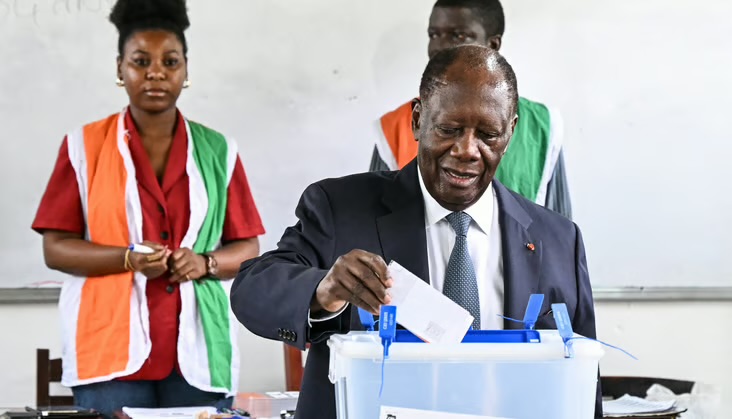
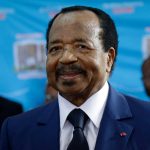

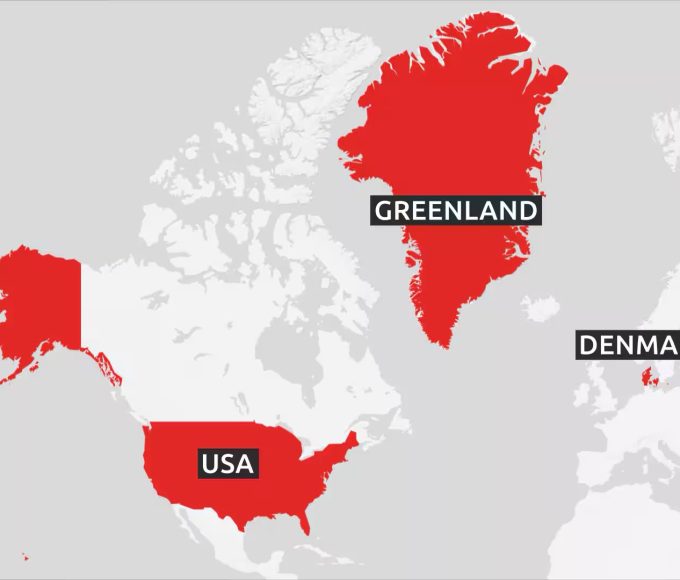
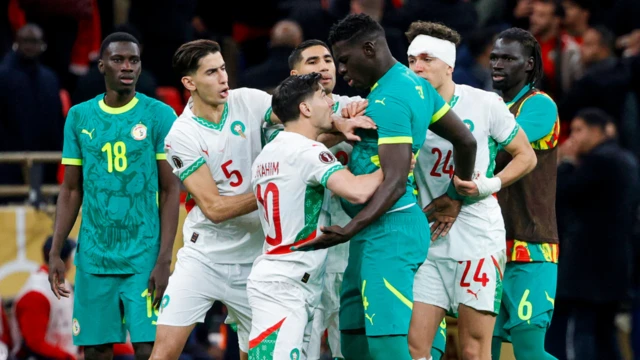
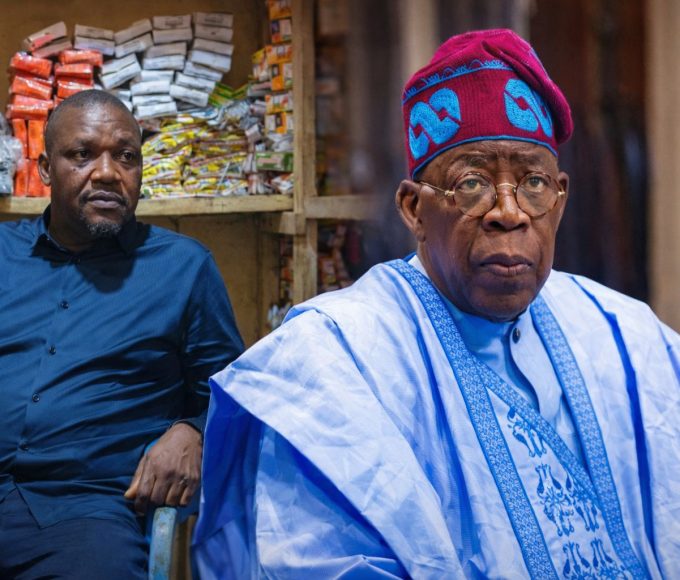

interesting